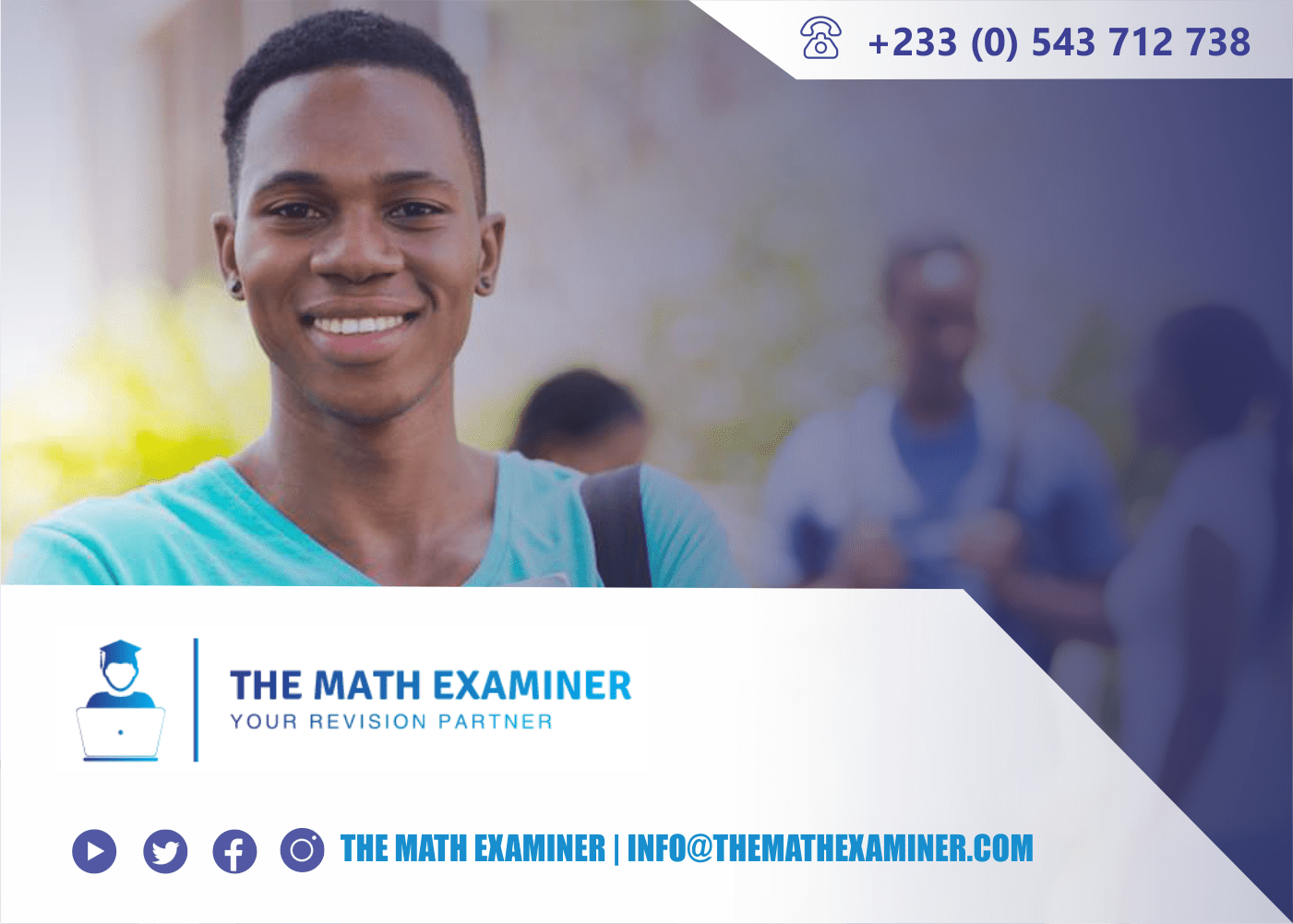We want to remind you that your mentality truly counts and may have an influence on how well you perform overall during tests before we start listing all the things you need to keep in mind before taking your IB diploma exams. Read this article for advice on how to prepare mentally for an IB exam.
It makes perfect sense that you and all the other IB diploma students worldwide would turn to the internet as the International Baccalaureate exams approach to look for expert advice on the best ways to prepare for these time-consuming exams or to look for advice that will position you for success before you enter the exam rooms.
Let’s look at what you need to remember prior to sitting for an IB Exams now that you are aware of how to alter your thinking before studying and taking the IB examinations.
How to Prepare for the IB Exams
There are several strategies and tactics standard level (SL) and higher level (HL) students can employ to prepare for tests, but everyone learns differently, IB teachers and tutors will concur. For your learning style or certain classes, some study techniques could be more effective than others.
Nevertheless, regardless of learning preferences or IB course preferences, there are a few tried-and-true methods for getting ready for International Baccalaureate (IB) exams that everyone may use!
First, we’ll talk about being familiar with the structures for the topic papers in your IB program.
Understand the IB Exam’s Format
All IB exams, including Language and Literature (SL and HL) and Maths AA/AI (SL and HL), can benefit from one piece of advice. To make sure you comprehend each format for your paper, follow their advice.
You may avoid surprises on test day by thoroughly understanding all the prerequisites, sections, and potential marking systems of your IB course tests.
To master the format, the way the IB formulates questions, and the sections of the IB syllabus that could feature in your paper, you should practice answering previous tests and exams. In this article, we’ll go through how answering previous questions can assist you in obtaining the IB score and college credit you need to apply to universities.

Unsure of where to discover old papers? They will have a ton of former examination question sheets for both IB SL courses and IB HL courses that you may utilize. Ask each of your class instructors or your tutor for past IB exams and tests to assist you study and prepare for forthcoming assessments.
To increase your performance and score on an International Baccalaureate (IB) exam, do the following the night before.
How to Set Yourself Before The Exam
Do you ever question if IB students may actually make preparations the night before an exam to ensure their success? The answer is yes, which may surprise you.
IB students may do three things the night before exams to prepare themselves for success and improve their chances of earning a higher score.
1. Cramming the Night Before an IB Exam:
Apparently, studying the night before an exam may be effective. However, because it is not a long-term answer for review, the majority of professors and tutors will advise against it.
However, because your brain retains knowledge in your short-term memory rather than your long-term memory, you can only recall it for a short period of time after you cram. As a result, you will quickly forget knowledge that has been packed in.
The night before an exam or test, it might be advantageous to cram little bits of material utilizing mnemonic devices (a study trick that employs association, sensory memory, and reorganization). However, this tactic only works with certain courses and the specifics of the IB course curriculum.
Cramming is most effective with data for Economics (SL and HL), formulas for Science (SL and HL) topics, or quotations for Language A: Language and Literature (SL and HL), for example.
For IB course subjects like IB Language Acquisition courses like Classical Language B: Greek/Latin (SL), larger chunks of material won’t work, and cramming in a last-minute study session won’t assist either.
2. Sleep Before The IB Examination
High school students sometimes disregard the value of getting enough rest before exams, practice exams, and finals, which might ruin their prospects of receiving a 45 and the complete IB Diploma!
Getting enough rest the night before an exam will benefit you in other ways besides only your ability to concentrate while writing. Getting a good night’s sleep is essential for improving your memory and capacity to remember knowledge.
Check out this article to see how your brain retains knowledge and learns even when you’re asleep. Put your notes away and get a full night’s rest before your exams because your brain will thank you.

3. Having breakfast and drinking water before IB exams
Inadequate hydration and missing breakfast are two more blunders that students frequently make before exams, both of which have a detrimental effect on performance and final test results.
Because the brain and body require nutrition for lengthy exams (especially on days with many exams! ), we consider missing breakfast and failing to hydrate before you have to write “mistakes.”
When you’re thirsty or “hangry,” it’s extremely challenging to focus, recollect information, and react to inquiries. A dry mouth or rumbling stomach can also be distracting.
Expert counsel from us? The night before your tests, prepare your breakfast and put a water bottle in your bag. You might not be permitted to bring a water bottle to your exams, depending on your high school, the moderator chosen, and school regulations. You can, however, drink water prior to, after, and in between sessions.
Manage Your Stress Levels
When you receive a question paper, does your thoughts immediately go blank? Or perhaps you’re one of the numerous college students who experience stress-related blackouts.
You are not alone; similar difficulties are experienced by International Baccalaureate students everywhere. But what can you do to stop it from happening?
To assist you learn how to remain composed and control your tension during exams and prevent those dreaded blank or blackout periods, we offer a booklet packed with guidance and recommendations.
Make Good Use of Your Reading Time
Every IB student is aware that they will have a set amount of time to read their question paper before they can submit a response.
You will have enough time to finish your work and make sure you receive the grades you need to impress the college board at the school or institution of your desires if you use this reading time correctly.
The teachers at Lanterna Education suggest utilizing a numbering system to choose which questions you should respond to first and which ones require more time. Simply rate each question from 1 to 3 stars based on how tough it is and how long you believe it will take you to respond.
Focus on Simple IB Exam Questions
The order of the questions above is followed by this advice. For IB subjects like Science and Math (SL and HL), it is quite helpful.
After giving each question a star rating, you should prioritize and respond to all of your 1-star questions first. Take on your 2-star questions next. Spend some time on the more difficult 3-star questions last.
With this approach, you can guarantee that you finish all the simple questions and prevent being bogged down by a challenging question or area of your work.
Don’t Spend All Your Time on Essay Answers
Tutors and independent examiners see this error frequently, with students frequently failing to finish their IB exams because they took an excessive amount of time to respond to an essay question.
A student frequently loses track of time when composing an essay response. Or they neglect to manage their time at all, leaving themselves little time to finish the remaining exam questions.
We advise you to focus on quality rather than quantity while writing your essays for Language A: Language and Literature (HL or SL), Language B, Visual Arts and Performing Arts papers, or any other examinations that call for them. Answer the question briefly, then swiftly move on to the next portion.
SOURCE: Lanterna Education Blog

